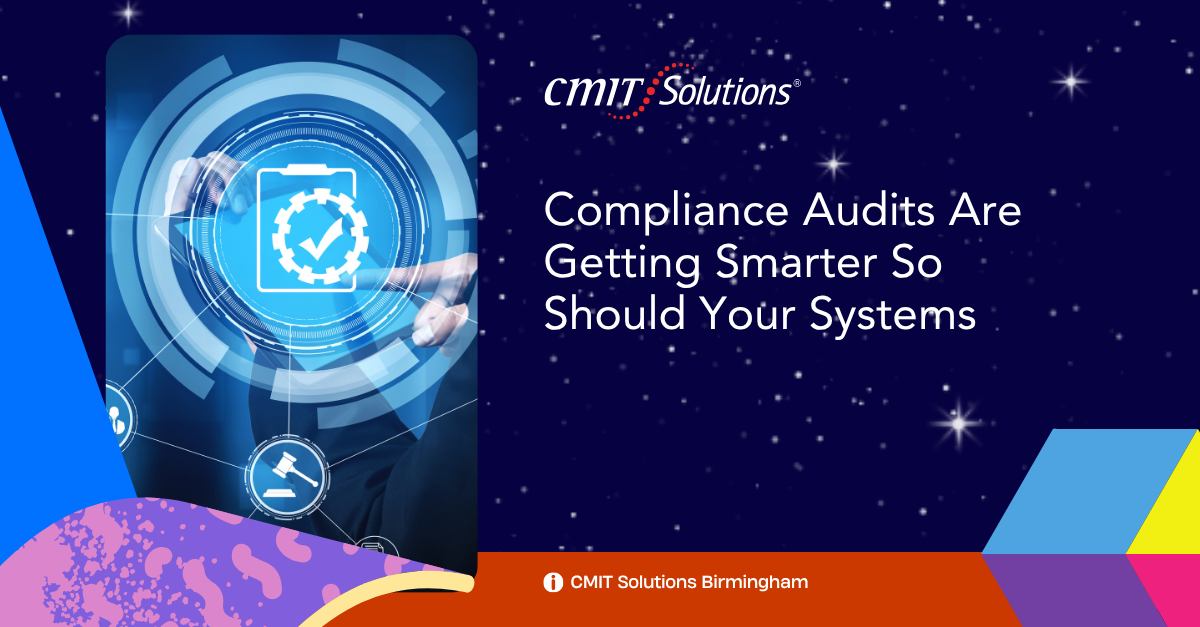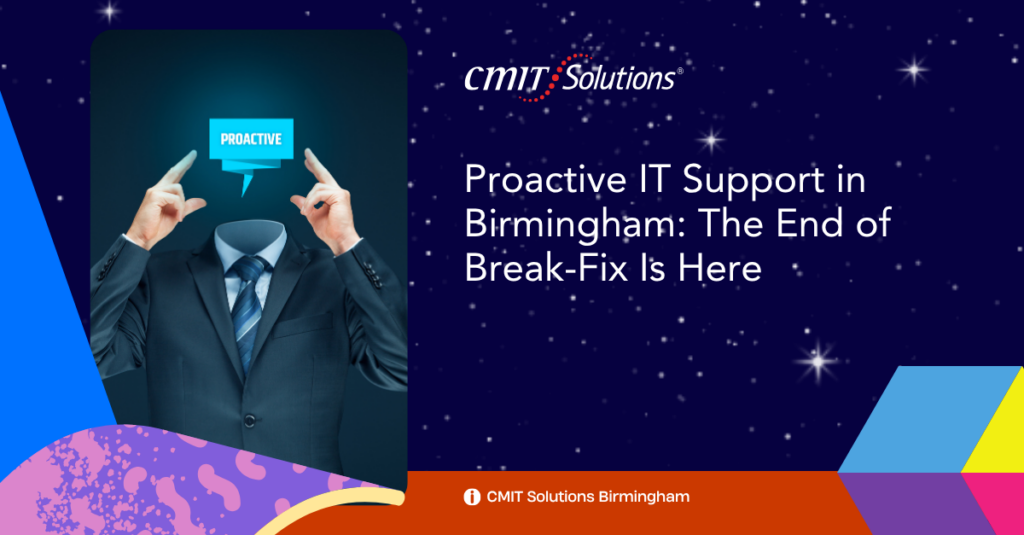In today’s digital-first environment, compliance audits have become more intelligent, more frequent, and far more data-driven. No longer manual, checklist-style reviews, modern audits leverage automation, cloud integration, and AI-powered analytics to identify gaps that would have once gone unnoticed. That evolution poses a crucial question: If compliance audits are getting smarter, are your systems keeping up?
Whether you’re in healthcare, finance, manufacturing, or any regulated space, outdated systems not only slow you down—they leave your organization vulnerable to legal and operational risks. This blog will unpack what compliance audits really are, how they’re changing, and what business owners must do to stay ahead.
What Are Compliance Audits?
A compliance audit is a formal assessment that verifies whether an organization is adhering to industry regulations, internal policies, or contractual obligations. These audits are conducted by either internal teams or external bodies and typically assess areas such as data handling, cybersecurity measures, user access policies, software usage, and documentation practices.
Industries like healthcare must maintain HIPAA compliance. Financial institutions may be bound by FINRA or SOX regulations. Meanwhile, SMBs that work with larger partners might need to show adherence to security frameworks like NIST or CMMC—even if they’re not legally required.
The audit’s purpose is to protect data, uphold ethics, and prevent liability. But as regulations grow more complex and digital operations expand, audits are becoming more sophisticated—and so must your systems.
Why Compliance Audits Are Becoming Smarter
Modern audits are no longer conducted through binders and interviews alone. Today’s regulators use AI tools and cloud platforms to:
- Scan logs and access records in real-time
- Detect anomalous behavior or outdated policies
- Compare operational data against industry benchmarks
- Flag missing patches, expired certificates, or unsupported software
This shift means businesses can no longer rely on one-time prep before an audit. Systems must be continuously audit-ready—a concept echoed in Compliance Without the Chaos, where automation ensures governance happens daily, not just quarterly.
The Benefits of Smarter Compliance Systems
Investing in modern compliance technology isn’t just about avoiding penalties—it’s about unlocking operational advantages:
- Proactive Risk Detection: Spot vulnerabilities before regulators (or hackers) do.
- Audit Readiness: Be ready year-round with real-time monitoring and reporting.
- Improved Reputation: Show clients and partners that you take security and compliance seriously.
- Cost Control: Avoid last-minute scrambles that drain staff time and budget.
- Scalability: Systems grow with your company and regulatory requirements.
As seen in Smarter Tech Buying, scalable IT solutions now come with built-in compliance capabilities that reduce both cost and complexity.
What Happens When Businesses Aren’t Ready?
Lack of preparation in today’s audit landscape doesn’t just mean a slap on the wrist. It can lead to:
- Fines and legal action due to non-compliance with standards like HIPAA, PCI-DSS, or GDPR.
- Loss of contracts or partnerships due to failure to meet supplier standards.
- Reputational damage from public breach disclosures.
- Operational disruption during rushed audit responses or post-breach investigations.
In The Rising Tide of Cyber Threats, we discussed how even a single compliance failure could be exploited by cybercriminals using increasingly advanced methods. Falling behind in your audit preparedness is not just a policy risk—it’s a security one.
Why Legacy Systems Can’t Keep Up
If you’re still using outdated tools for access control, data storage, or documentation, you’re likely already behind. Manual logbooks, spreadsheets, or unpatched software cannot withstand modern compliance scrutiny.
For example:
- Legacy systems often lack built-in encryption, making sensitive data easy to compromise.
- They typically don’t support audit trails, which are essential for forensic analysis.
- There’s often no integration with modern platforms, leading to data silos that increase risk.
To compete and comply in 2025 and beyond, your tech stack must evolve—just as your auditors have. Next-Gen Network Management demonstrates how smarter infrastructure is already solving these challenges for forward-thinking firms.
What a Modern Compliance System Looks Like
At a baseline, smarter compliance systems include:
- Automated Policy Enforcement: User permissions and file access aligned with role-based rules.
- Real-Time Monitoring: Alerts for policy violations or unusual activity.
- Centralized Dashboards: One view of compliance status across devices, apps, and locations.
- Scheduled Backups & DR Plans: Proven recovery solutions like those detailed in Modern Data Backup Strategies.
- Third-Party Risk Management: Tools to evaluate vendors’ compliance posture.
These features not only ensure readiness—they streamline ongoing operations and boost team confidence.
How Compliance and Cybersecurity Work Together
You can’t talk compliance without discussing cybersecurity. Regulatory frameworks often mandate specific security practices:
- Data encryption
- Multi-factor authentication
- Endpoint monitoring
- Access logging
Aligning your audit preparedness with your security strategy makes both stronger. As seen in AI in Your Inbox, intelligent platforms now use machine learning to detect threats and anomalies—tools that also support audit compliance.
What Business Owners Should Do Now
Smart compliance isn’t just an IT issue—it’s a business issue. Executives should:
- Assess current systems for gaps in documentation, access control, and backups.
- Review your last audit findings to identify recurring pain points.
- Invest in automation tools that eliminate manual processes.
- Engage a trusted MSP for regular assessments and hands-on support.
- Educate employees on compliance as part of onboarding and ongoing training.
In Tech Strategy for Growth, we highlight how consulting partnerships help translate compliance needs into technical upgrades that stick.
How a Managed IT Provider Helps You Stay Audit-Ready
Managed Service Providers (MSPs) bring dedicated resources, updated knowledge, and expert tools to maintain audit readiness year-round.
Services include:
- Automated patch management
- Centralized log storage
- User provisioning and deprovisioning protocols
- Backup testing and DR simulations
- Policy documentation and evidence gathering
As Tailored IT Solutions shows, a one-size-fits-all solution won’t work. Your compliance tools must be tailored to your industry, risk profile, and growth stage.
Compliance as a Competitive Advantage
Modern consumers and business partners are more discerning than ever. They want to work with organizations that protect their data and respect regulations.
Being audit-ready signals:
- Operational maturity
- Commitment to transparency
- Long-term viability
In The Future of Business Communication, we noted how compliance-enhanced communication platforms improve not just internal efficiency—but external trust.
Conclusion: Stay Ahead of the Auditors
As audits become smarter, the risks of falling behind multiply. But with the right tools, partners, and mindset, businesses can turn compliance from a stressor into a strength. The key is recognizing that audit readiness is no longer an annual sprint—it’s a continuous discipline.
Whether you’re looking to modernize infrastructure, secure sensitive data, or meet industry regulations, CMIT Solutions of Birmingham can help you build a system that keeps you protected, productive, and prepared.







